The Role of Nutrition in Health & Wellness During Menopause
Menopause is a natural phase of life, but the changes it brings—hot flashes, mood swings, fatigue, and sleep disruptions—can feel anything but easy. While every woman’s journey is unique, one powerful tool that can help ease the transition is proper nutrition. The foods you eat can directly impact hormone balance, energy levels, and overall well-being, making mindful eating a crucial part of your menopause wellness routine.
Why Nutrition Matters During Menopause
As estrogen levels decline, the body undergoes shifts that can affect metabolism, bone density, heart health, and even mood. Eating the right foods can help:
-
Support Hormone Balance – Certain nutrients can help your body adapt to fluctuating hormone levels.
-
Strengthen Bones – Calcium and vitamin D are essential for preventing bone loss.
-
Improve Energy & Mood – Nutrient-rich foods help stabilize blood sugar and keep you feeling balanced.
-
Reduce Inflammation – Anti-inflammatory foods can ease joint pain and discomfort.
Essential Nutrients for Menopausal Health
Incorporating these key nutrients into your diet can help support your body through menopause:
1. Healthy Fats for Hormonal Support
Good fats are essential for hormone production and overall brain function.
-
Avocados
-
Nuts and seeds (flaxseeds, chia seeds, walnuts)
-
Olive oil
-
Fatty fish (salmon, mackerel, sardines)
2. Protein for Muscle & Bone Strength
With age, muscle mass naturally declines. Protein helps maintain strength and supports bone health.
-
Lean meats (chicken, turkey, grass-fed beef)
-
Plant-based proteins (lentils, chickpeas, tofu, quinoa)
-
Eggs
-
Greek yogurt
3. Calcium & Vitamin D for Bone Health
Osteoporosis risk increases during menopause, so these nutrients are vital.
-
Dairy products (milk, cheese, yogurt)
-
Leafy greens (kale, spinach, bok choy)
-
Almonds
-
Fortified plant-based milks
4. Phytoestrogens for Hormonal Balance
These plant compounds mimic estrogen and may help ease symptoms.
-
Soy products (tofu, tempeh, edamame)
-
Flaxseeds
-
Sesame seeds
-
Berries
5. Magnesium for Sleep & Stress Relief
Magnesium supports relaxation, reduces anxiety, and improves sleep quality.
-
Dark chocolate
-
Bananas
-
Almonds & cashews
-
Whole grains
It’s Okay to Treat Yourself
While maintaining a nutritious diet is important, so is balance. Menopause can already feel like a time of change and restriction, so giving yourself permission to enjoy treats every now and then is essential for overall happiness and well-being.
-
Love a glass of wine with dinner? Enjoy it in moderation.
-
Craving something sweet? Indulge in your favourite dessert without guilt.
-
Going out for a special meal? Savour every bite without worrying about calories.
Food is more than fuel—it’s also about pleasure, culture, and connection. The key is moderation and mindfulness, not perfection.
How CBD Complements a Healthy Menopause Diet
CBD (cannabidiol) works harmoniously with a nutrient-rich diet by:
-
Reducing Inflammation – Helps with joint pain and muscle stiffness.
-
Supporting Sleep – Can promote relaxation and improve sleep quality.
-
Easing Stress & Anxiety – Helps regulate mood and supports overall mental well-being.
-
Aiding Digestion – May help with gut health, reducing bloating and discomfort.
Creating a Nourishing Routine
Building a menopause-friendly diet doesn’t mean restriction—it’s about adding more of the good stuff! Try:
-
Starting your day with a smoothie packed with greens, flaxseeds, and protein.
-
Snacking on almonds and dark chocolate for a magnesium boost.
-
Enjoying a colorful dinner with lean protein, roasted veggies, and healthy fats.
-
Ending your night with a CBD-infused herbal tea to promote restful sleep.
Embrace Wellness Through Nutrition
Menopause is a new chapter, and with the right foods, you can support your body through the changes with strength and grace. Pairing mindful nutrition with CBD can provide a natural, holistic approach to feeling your best every day.
By nourishing yourself from the inside out—and allowing yourself the occasional indulgence—you’re not just managing symptoms; you’re embracing this phase of life with vitality, confidence, and joy.


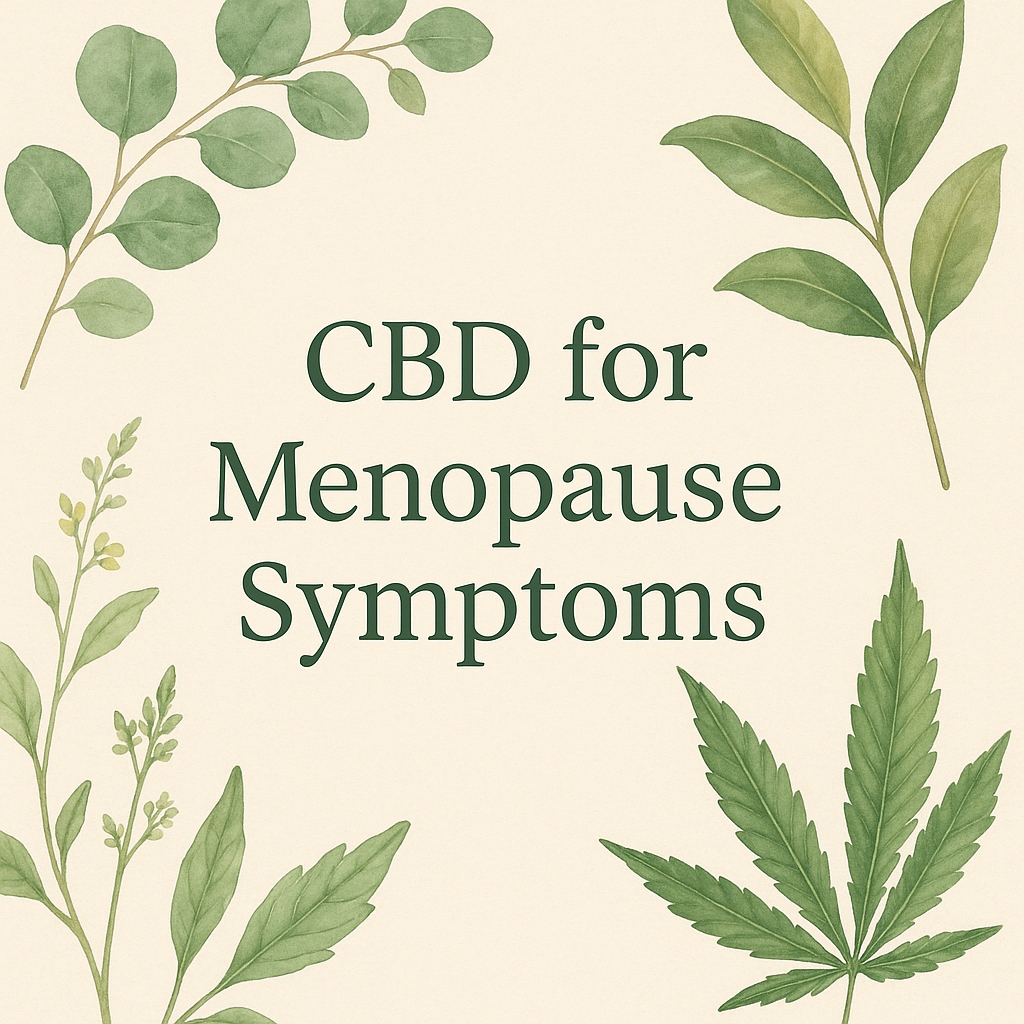
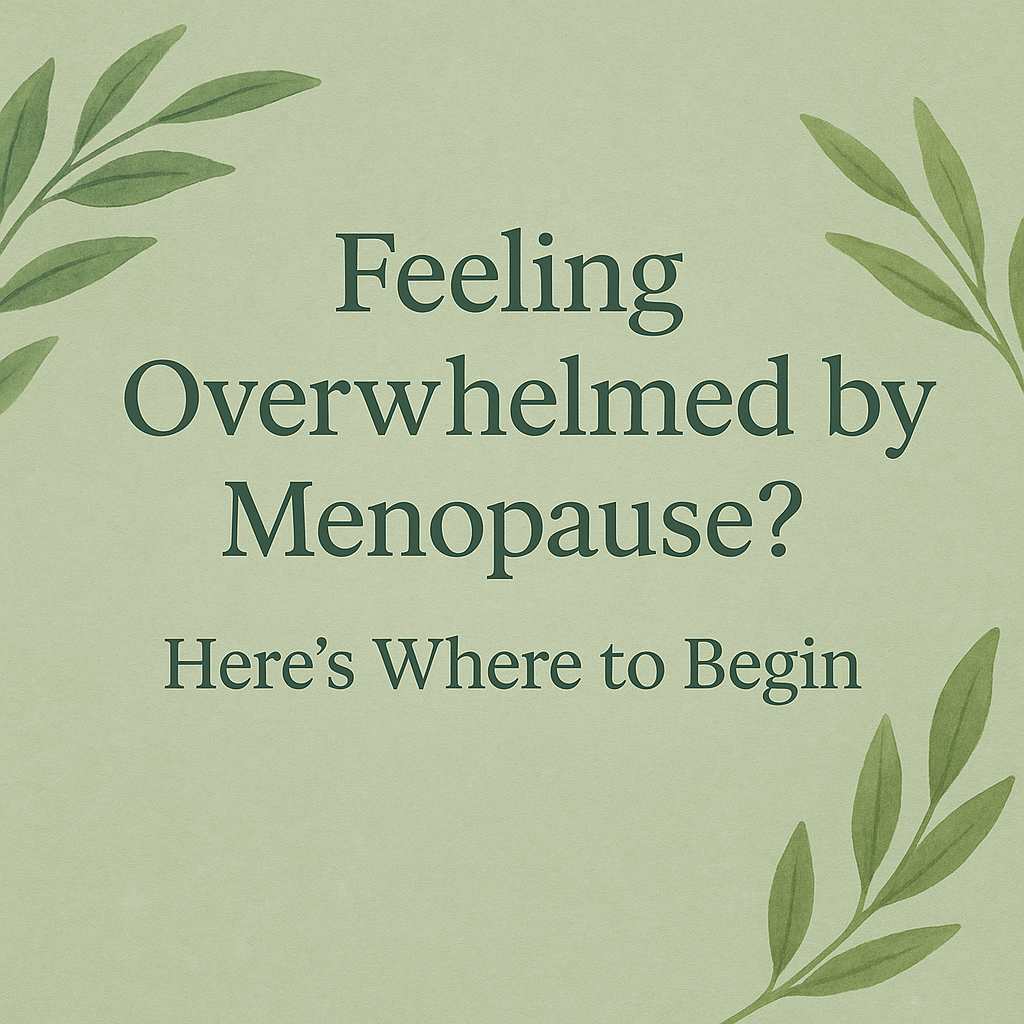
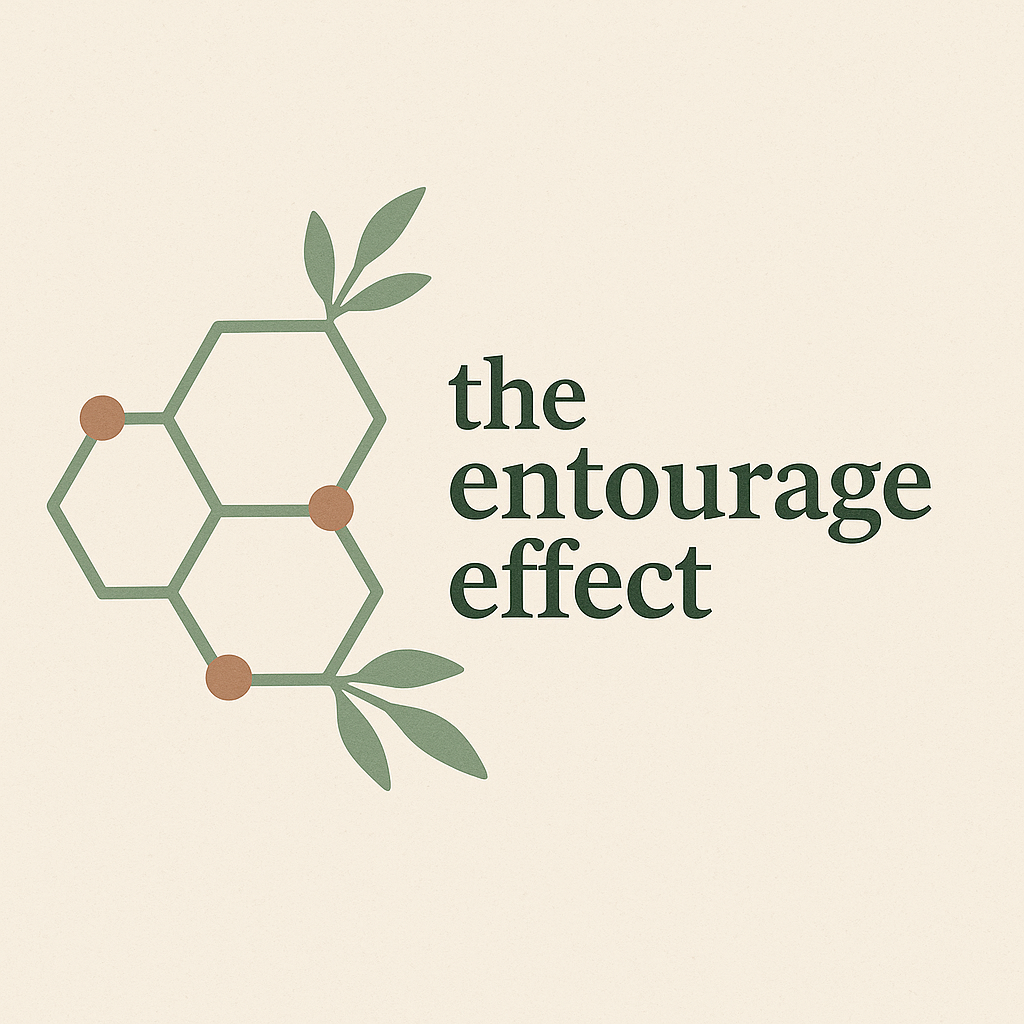
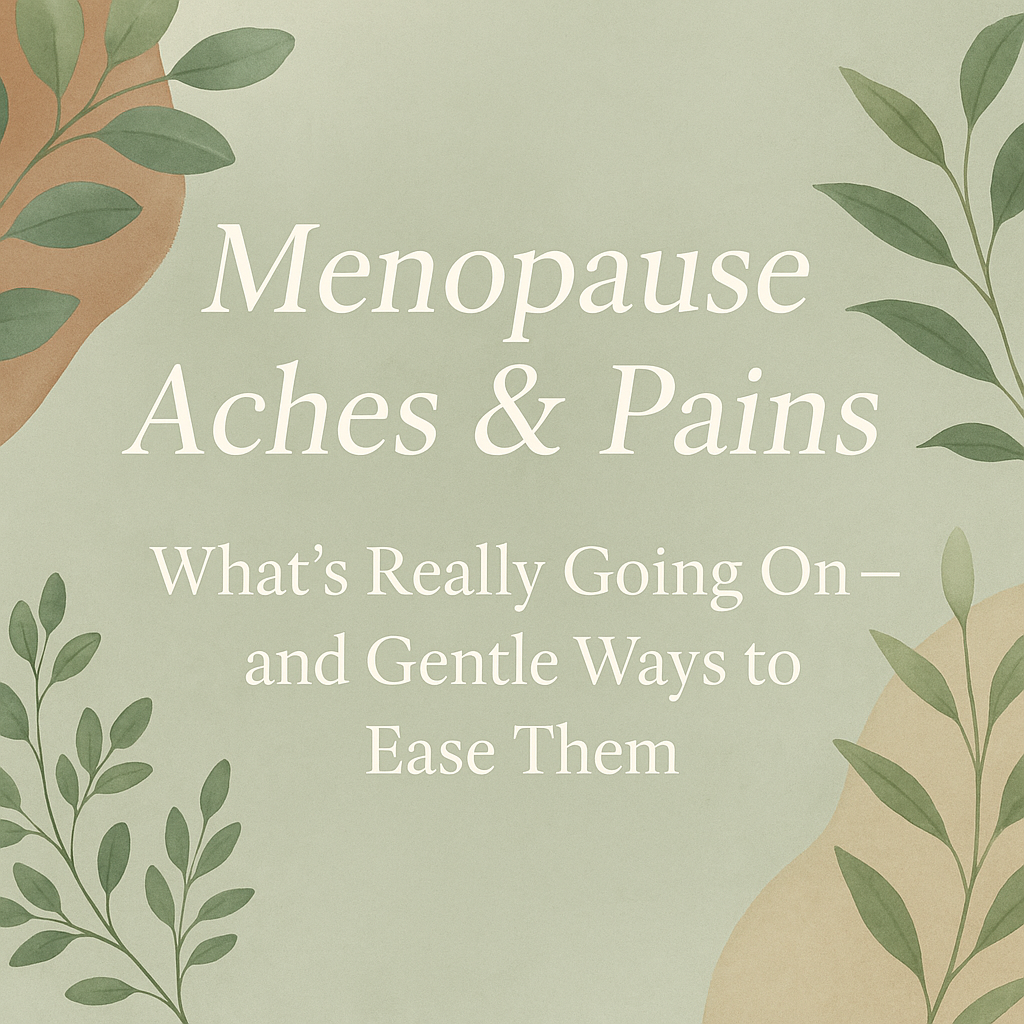




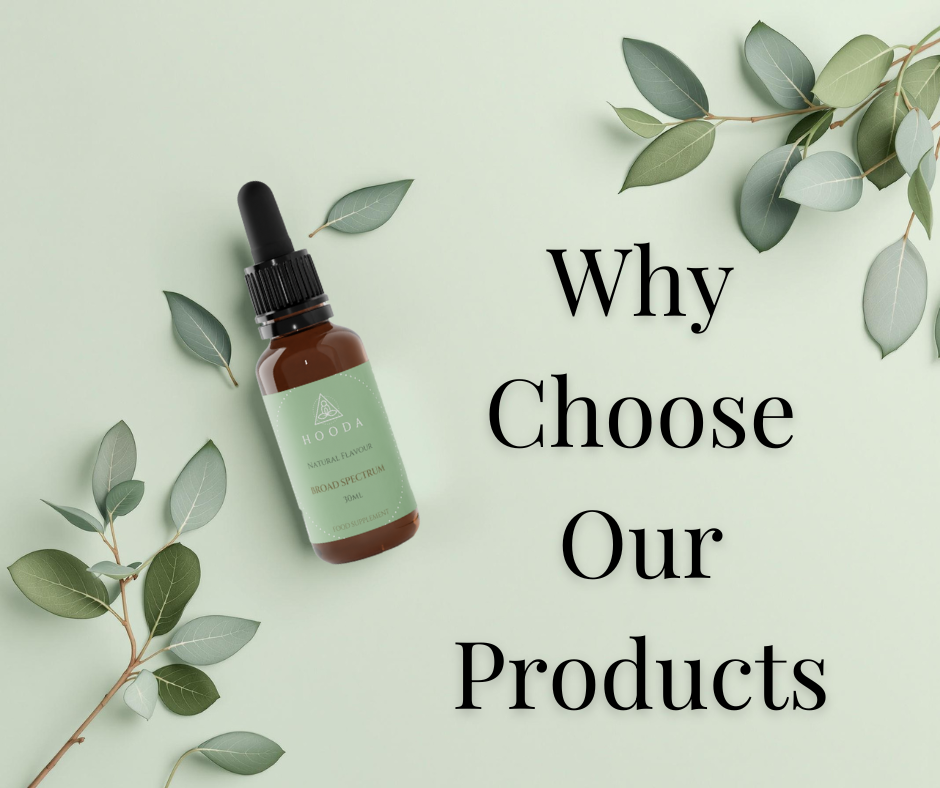
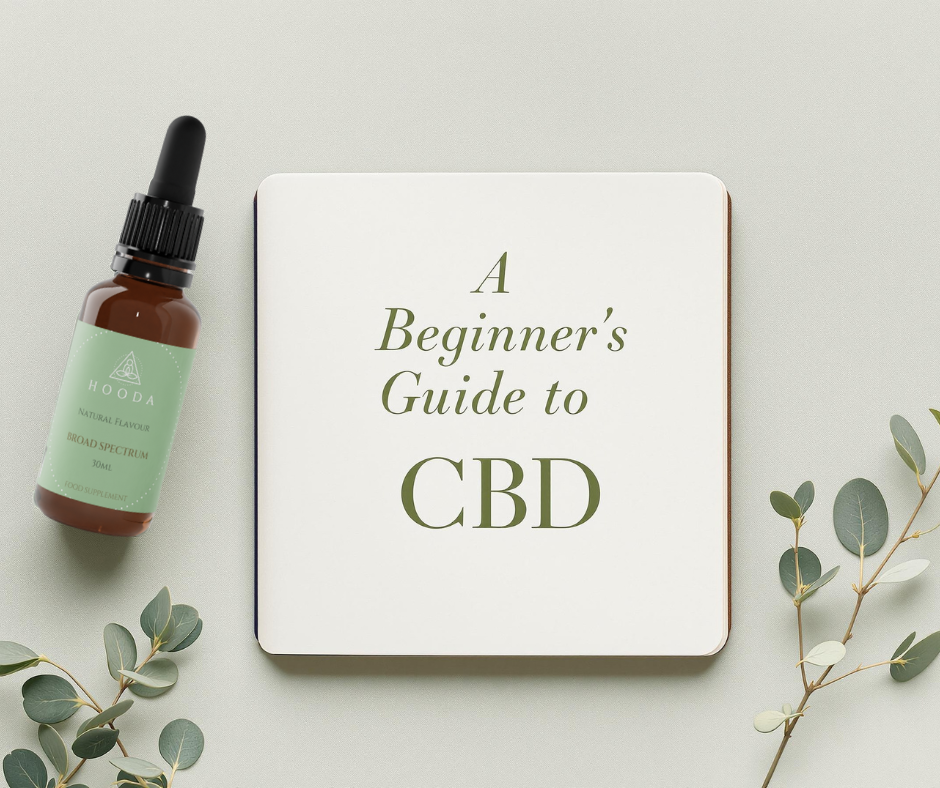
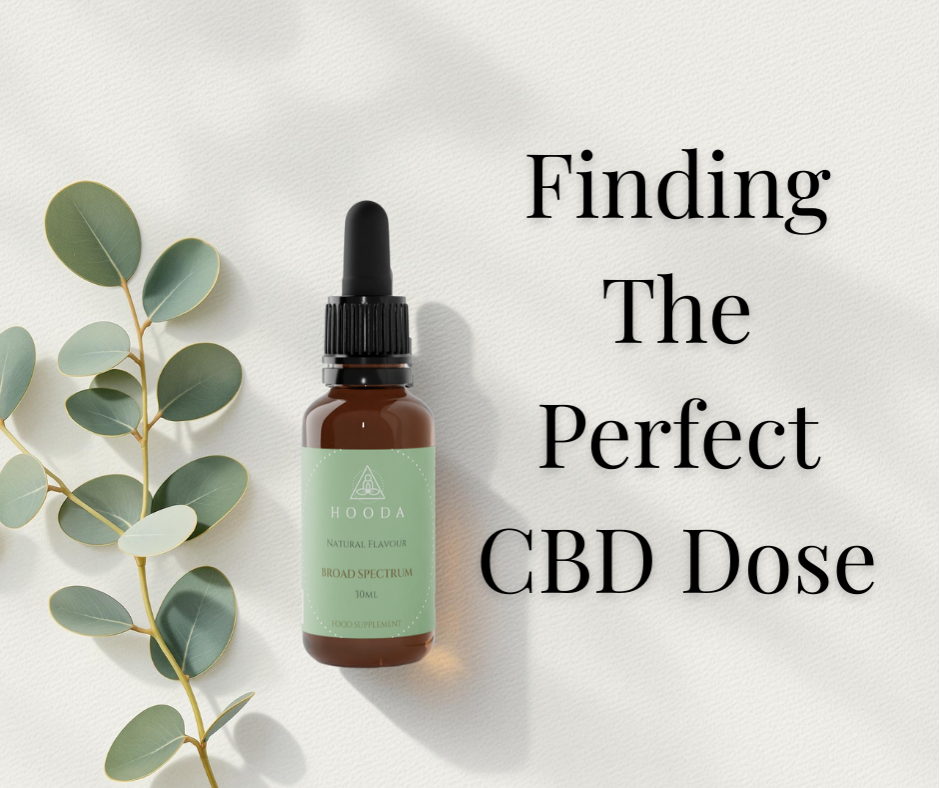
0 comments